1. Frances Beal
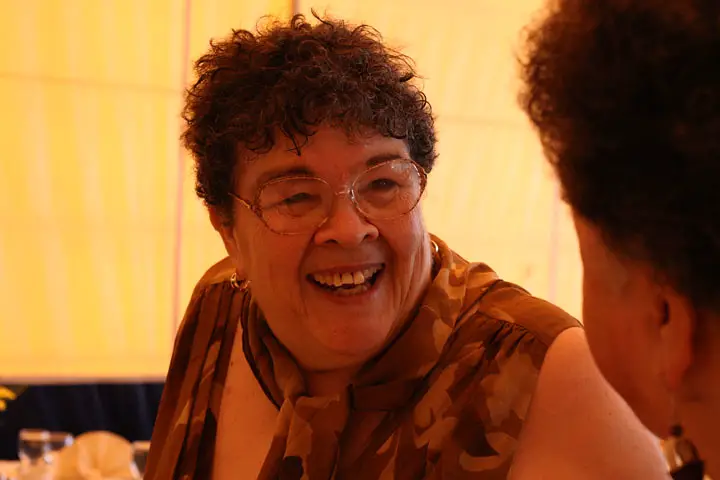
Frances Beal was a fierce advocate for both racial and gender equality at a time when Black women often found themselves sidelined in both the civil rights and feminist movements. As a founding member of the Black Women’s Liberation Committee, she helped highlight the unique struggles of Black women, particularly when it came to economic oppression and reproductive rights. She wrote “Double Jeopardy: To Be Black and Female,” a groundbreaking essay that laid out how racism and sexism were deeply intertwined. While she wasn’t as well-known as some of her male counterparts, Beal’s work helped shape the conversation about intersectionality long before it became a widely used term says Black Agenda Report.
She was also a member of the Student Nonviolent Coordinating Committee (SNCC), one of the most influential civil rights groups of the era. Her activism extended beyond the U.S., as she spoke out against colonialism and imperialism around the world. Beal worked tirelessly to amplify the voices of Black women who were often overlooked in larger social movements. Despite her critical contributions, she rarely gets the recognition she deserves today.
2. Herman Ferguson
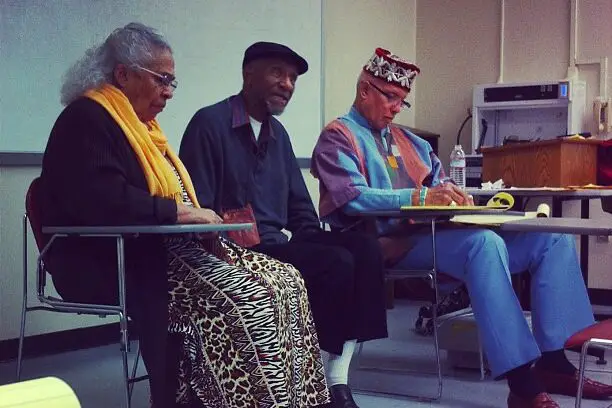
Herman Ferguson had a unique journey—he went from being a public school principal to a revolutionary activist. He was deeply involved in the Black Power movement and worked alongside Malcolm X, becoming a key figure in the Organization of Afro-American Unity. Ferguson was passionate about self-determination for Black people and believed in arming communities with the tools they needed to protect themselves. His radical stance put him in danger, and after being convicted on conspiracy charges in 1968, he fled to Guyana, where he lived in exile for almost two decades adds New York Amsterdam News.
Even in Guyana, he continued his activism, working in education and advocating for Pan-Africanism. When he finally returned to the U.S. in the ’80s, he kept fighting for the release of political prisoners and the empowerment of Black communities. His story is one of resilience, but it’s also a reminder of how many Black activists were forced into exile for their beliefs. Ferguson may not be as famous as other figures from the era, but his dedication never wavered.
3. Flo Kennedy
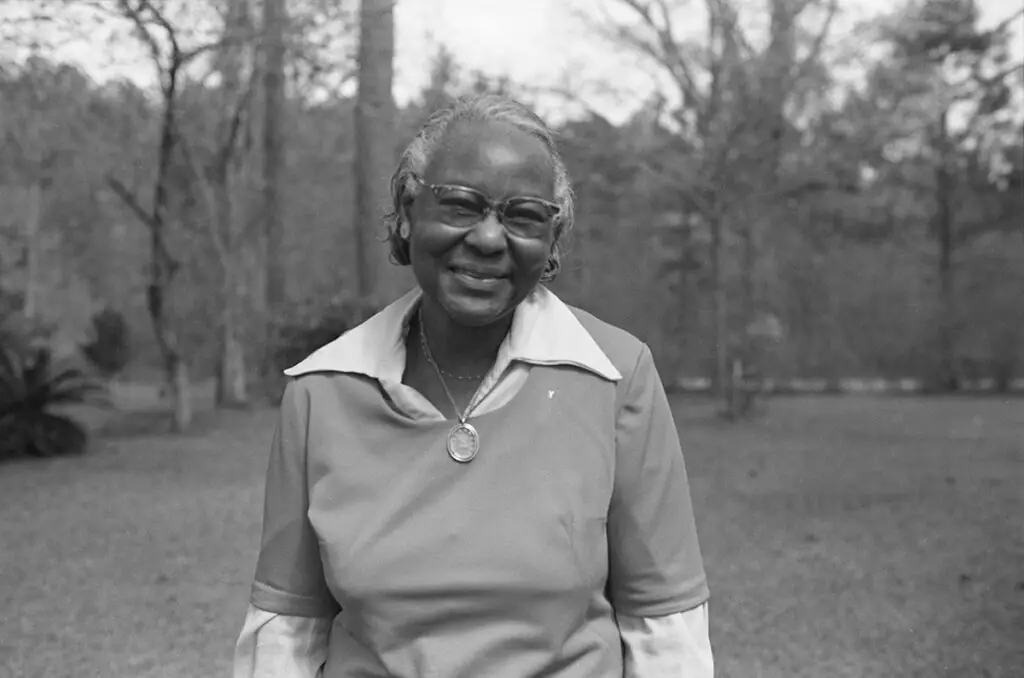
Flo Kennedy wasn’t just an activist—she was a force of nature. A lawyer, feminist, and civil rights advocate, she had a sharp wit and a fearless attitude that made her impossible to ignore. She was one of the first Black women to graduate from Columbia Law School and used her legal skills to take on cases involving racial and gender discrimination. Kennedy famously defended Black Panther members and helped found the National Organization for Women, though she often criticized mainstream feminism for ignoring Black women’s experiences.
She also organized protests in creative and attention-grabbing ways, including leading a “pee-in” at Harvard to protest the lack of women’s bathrooms. Kennedy’s activism wasn’t limited to courtrooms and marches—she used her razor-sharp commentary and media appearances to call out injustice wherever she saw it. She had no patience for hypocrisy and wasn’t afraid to go after both the government and major corporations. Despite her influence, she’s often left out of discussions about feminism and civil rights today.
4. Zoharah Simmons
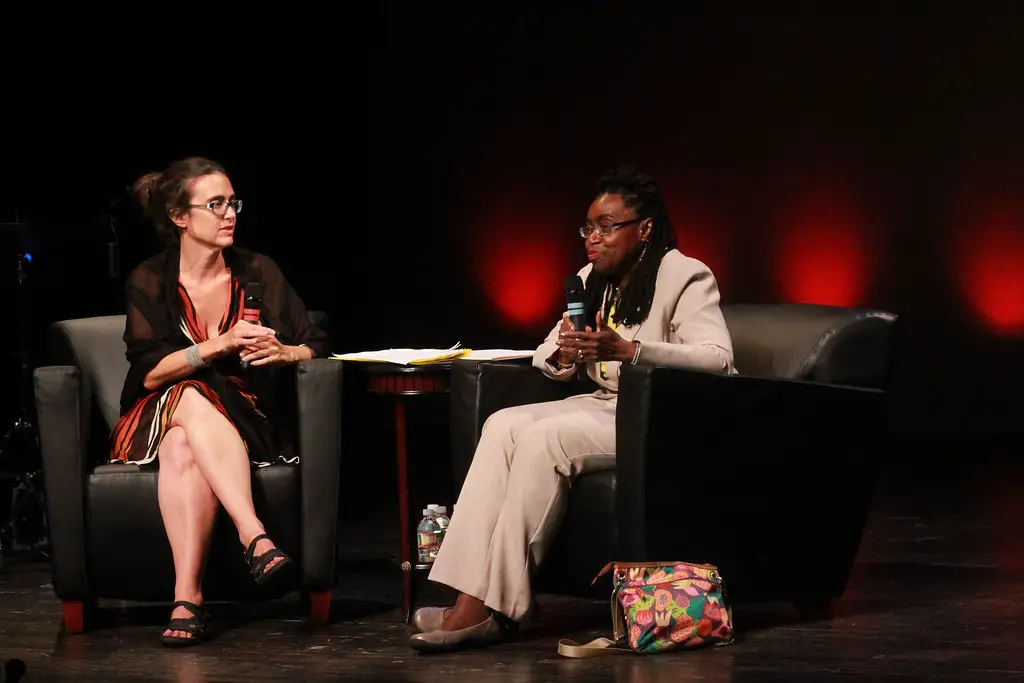
Zoharah Simmons was willing to risk everything for the fight for justice. As a member of SNCC, she defied her family’s wishes to work on voter registration drives in the Deep South, where she faced constant threats of violence. She spent time in Mississippi organizing Black communities and endured arrests, intimidation, and brutal conditions just to make sure people had the right to vote. Her experiences shaped her lifelong commitment to social justice, and she later became a scholar focusing on race, gender, and religion.
She didn’t stop at civil rights—her activism extended to international struggles, including Palestinian rights and opposition to U.S. militarism. Simmons was also deeply interested in Islamic studies, seeing connections between faith and activism. While many of her peers from SNCC are widely recognized, her name often doesn’t come up, despite the sacrifices she made. Her work was a powerful example of grassroots organizing and the courage it took to stand up in dangerous times.
5. Damu Smith
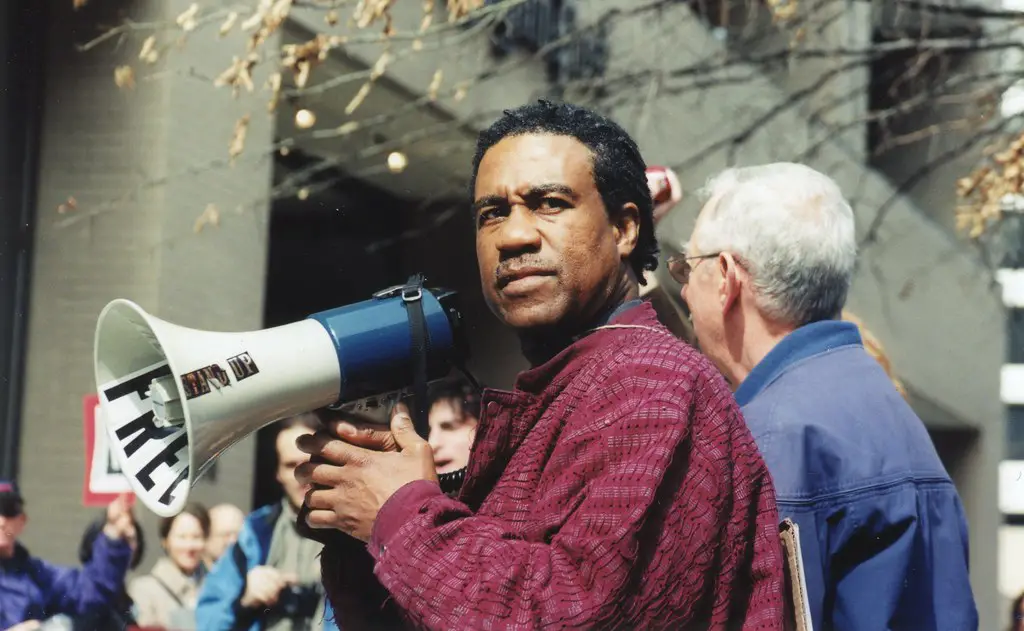
Damu Smith dedicated his life to fighting for peace, racial justice, and environmental activism. He was a leading voice in anti-apartheid protests, worked to end police brutality, and later became a vocal advocate for environmental justice in Black communities. Smith founded Black Voices for Peace, an organization that opposed U.S. wars and the disproportionate impact of military spending on communities of color. His activism wasn’t just about protesting—he worked directly with affected communities to help them fight for their rights.
He was also instrumental in bringing attention to environmental racism, particularly in places like Louisiana’s “Cancer Alley,” where poor Black neighborhoods suffered from toxic pollution. Smith’s activism was intersectional long before the term was widely used, connecting issues of race, war, and environmental destruction. Even as he battled cancer later in life, he kept pushing for justice. While his name isn’t as widely recognized as some of his contemporaries, his impact was undeniable.
